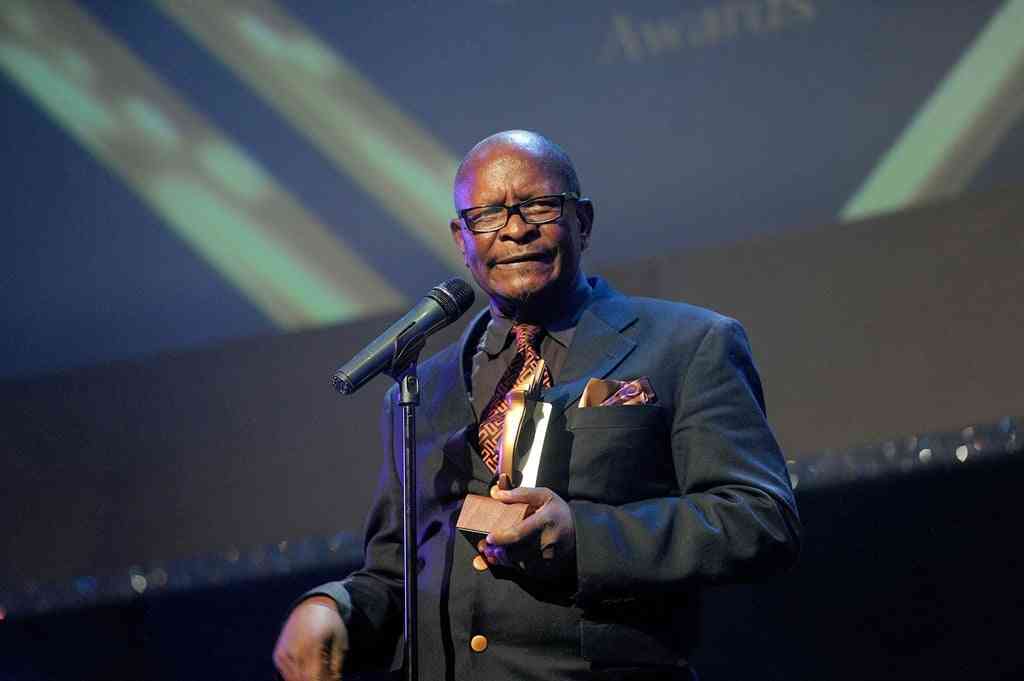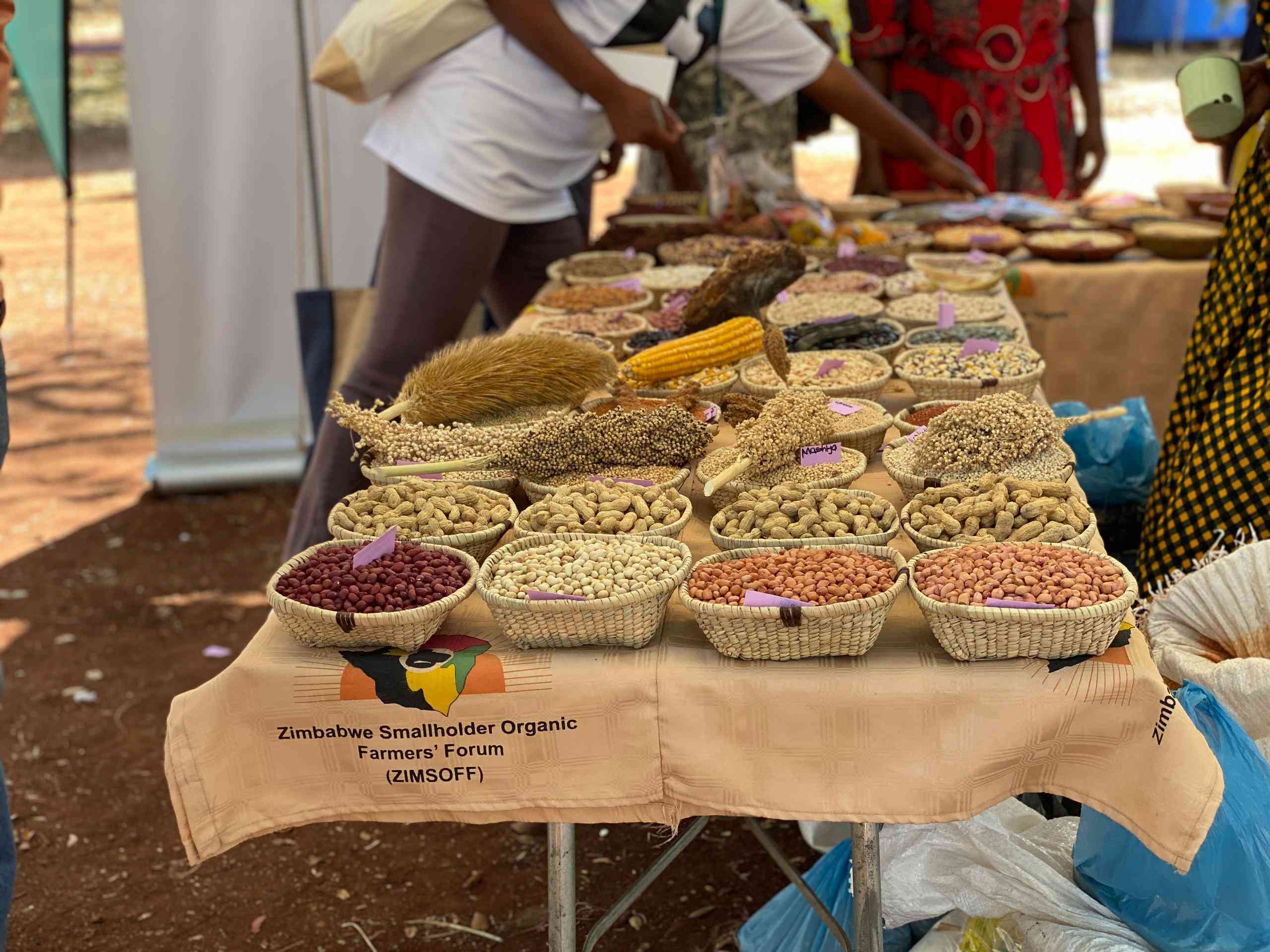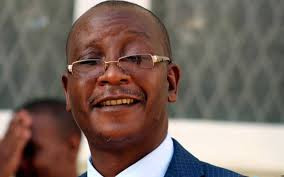
IT is these virtues and values which prompt them to dedicate their lives and careers to achieving justice, fairness and reasonableness in all they say and do. And it is what they say and do in good faith and with reference to the moral values of the community they serve, that stimulates public confidence in the Judiciary as a bastion of the legal order, however challenging the times may be.”
The above is a quote from former South Africa President Fredrick Willem de Klerk Lecture in October 2008 titled The Judiciary as a bastion of the legal order in challenging times.
De Klerk may not be the best person to cite as he was the last apartheid leader in South Africa, but looking at his words contextually on justice, one cannot fault the above lines.
These words were fulfilled on Wednesday when a full bench of the Pretoria High Court in South Africa gave its ruling on the Helen Suzman Foundation (HSF) application against the Minister of Home Affairs Aaron Motsoaledi decision to discontinue the Zimbabwe Exemption Permit.
The courts were to decide the fate of 170 000 Zimbabwean refugees who were going to be deported back to Zimbabwe if they failed to get another form of visa to remain legal in South Africa.
The HSF argued that the minister, in reaching the decision, had not followed the requirement of the Promotion of Administrative Justice Act, which says those affected should be given an opportunity to make representations before a decision is taken.
The court upheld the HSF argument and ruled the minister’s decision was “unlawful, unconstitutional and invalid”.
This was a decision that brought a sigh of relief to the 170 000 affected Zimbabweans and their families. It was simple, government had not followed the dictates of the law.
- Cars up for grabs in batteries competition
- Africa should be better prepared for Europe’s security funding shift
- Sadc PF wants right to health enforceable
- AG’s report shows growing impunity at the heart of govt operation
Keep Reading
The affected people have a reprieve for the next 12 months.
However, the courts realised that they cannot encroach into the arena of policy, which is the exclusive domain of the Executive.
The court in its order added: “The matter is remitted back to the first respondent (Minister of Home Affairs) for reconsideration, following a fair process that complies with the requirements of section 3 and 4 of the Promotion of Administrative Act 3 of 2000 (PAJA).”
This is a victory worth celebrating. A victory that once again shows the separation of powers and independence of the Judiciary from Executive interference. Each stayed in their lane.
The court’s decision is fundamental in the period, particularly at this juncture when calls for xenophobia are emerging once more in South Africa, particularly against Zimbabweans.
Many political parties, including the ruling African National Congress (ANC), have leaders who have made public pronouncements against Zimbabwean immigrants.
The matter is gaining lots of attention as South Africa draws closer to 2024 national elections, where for the first time since independence in 1994, the ANC national vote is expected to go below the 50% mark. This would require a form of coalition government.
What does the judgment mean for Zimbabwe? It means that Zimbabweans in South Africa can legally stay there for the next 12 months and thus their participation in the August 23 general elections is at best minimal.
This decision may give Zanu PF some breathing space in the elections.
It is wary of diaspora vote and has in the past tried everything to stop it being implemented.
It thinks many in the diaspora are angry with its policies and would help put it out of power.
More importantly, the Pretoria High Court decision gives us a chance to make a comparison of the independence of the Judiciary here in Zimbabwe.
The Zimbabwe Judiciary on many fronts has buckled under pressure from the Executive. Examples are many in this respect.
The Constitutional Court allowed Constitutional Amendment 2 to stand despite procedural irregularities. It also showed lack of spine when it allowed Statutory Instrument (SI) 144 of 2022 to stand.
This is the SI that announced the new nomination fees and had not been brought to Parliament for discussion.
It will also be interesting to see how the courts will deal with the application challenging the Law Reviser in gazetting SI 114 of 2023 that regulates the nomination of women’s quota, youth quota and women’s quota in local authority elections this year.
The changes were gazetted way after the President had proclaimed the election date. The court’s decision will either increase or decrease the citizens’ faith in the Judiciary. It will either promote the perception that the courts are captured by the Executive or bring a new perspective that the courts are really independent.
It is such small but significant judgments by the courts that can help our democracy develop.
Such decisions will also help the citizens have faith in the elections, unlike their Dexter Nduna judgment that allowed a losing candidate to sit in Parliament for five years, while the winner was outside.
The ball is in the court of the Judiciary that will rise to the occasion to be “a bastion of the legal order, however challenging the times may be,” as de Klerk said.
This is the point when the spotlight will remain on the Judiciary in how it will deal with electoral disputes. Will it uphold the law? Will it side with the Executive? And what impact will this have on the electorate, whichever decision the Judiciary makes?
Probably, it is time that the Zimbabwe judiciary can learn a few things from the South African bench which has upheld the law against both the Executive and Parliament in its rulings, thereby giving South Africans a perspective they can rely on the Judiciary to protect their rights.
Paidamoyo Muzulu is a journalist based in Harare. He writes here in his personal capacity.










